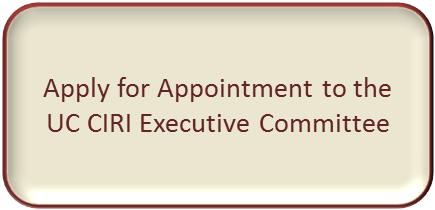About UC CIRI

UC CIRI is not currently accepting applications for any of its funding programs.
Aims and Aspirations
 The University of Canberra Collaborative Indigenous Research Initiative (UC CIRI) is a network of researchers committed to Indigenous Studies research. UC CIRI supports collaboration among UC's Indigenous and non-Indigenous staff and fosters local, national and international partnerships. UC CIRI works with existing Research Centres and Faculties to promote, connect and grow UC's Indigenous research interests.
The University of Canberra Collaborative Indigenous Research Initiative (UC CIRI) is a network of researchers committed to Indigenous Studies research. UC CIRI supports collaboration among UC's Indigenous and non-Indigenous staff and fosters local, national and international partnerships. UC CIRI works with existing Research Centres and Faculties to promote, connect and grow UC's Indigenous research interests.
In 2014/15, UC CIRI began a series of public seminars showcasing the research endeavours of UC staff and sponsoring visits by leading national and international Indigenous Studies researchers. In the future, the network will provide structures for training, support and mentorship of Indigenous higher degree by research (HDR) students and early career researchers, and will assist with implementing Indigenous perspectives in undergraduate and postgraduate teaching. In the longer term, we aspire to an Indigenous-led research centre with national impact for Indigenous people and international regard for excellence.
The UC Reconciliation Action Plan identifies the need to grow the number of Indigenous students and research-active staff at the University, and to incorporate Indigenous perspectives into all facets of University life. It acknowledges the Ngunnawal people as the traditional owners of the land on which the University of Canberra stands and is committed to long-term engagement with the local community. UC CIRI recognises the diversity of Indigenous Studies research being undertaken across the disciplines at UC, and seeks to provide a formal network to connect Indigenous and non-Indigenous researchers working in our Faculties and Research Centres.
UC CIRI Steering Committee
May 2014
The University of Canberra Acknowledges the Ngunnawal People as the traditional custodians of the land on which our University stands. We are proud to support and work with our local, regional and national Indigenous People.

